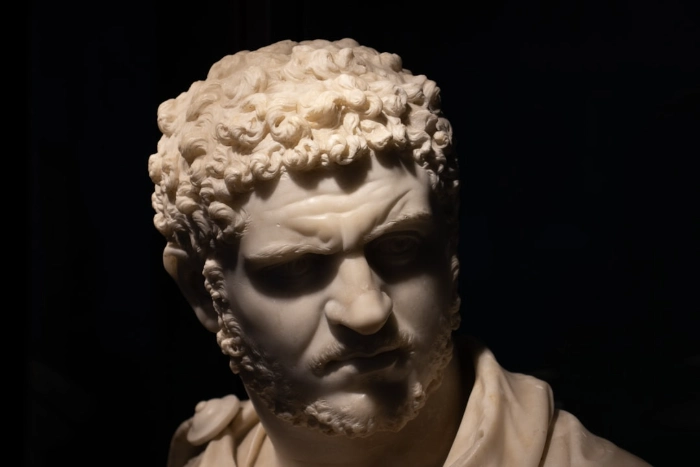King Jehoram's Reign

King Jehoram (or Joram) of Judah, the son of King Jehoshaphat, is a prominent figure in the biblical narrative of 2 Kings 8:16-24 and 2 Chronicles 21. His reign exemplifies the consequences of covenant unfaithfulness and God's sovereign justice. Jehoram's life and rule offer significant lessons on the dangers of idolatry, the corrupting influence of ungodly alliances, and the certainty of God's covenantal promises—both blessings for obedience and curses for rebellion.
Jehoram ascended the throne of Judah following the godly reign of his father Jehoshaphat. However, in stark contrast to his father, Jehoram abandoned the ways of the Lord. His marriage to Athaliah, the daughter of King Ahab and Queen Jezebel of Israel, brought the corrupting influence of Baal worship into Judah. This unholy alliance led Jehoram to forsake the covenant faith of his ancestors and adopt the idolatrous practices of Ahab's household, thereby drawing Judah further into spiritual decline.
One of Jehoram's most egregious acts was the slaughter of his own brothers and some of Judah's princes to secure his throne (2 Chronicles 21:4). This act of fratricide underscored his lack of regard for God's law and his reliance on human power to consolidate authority. His reign was marked by widespread apostasy as he erected high places and led the people into idolatry, provoking the Lord's anger.
God's judgment upon Jehoram was swift and severe, illustrating the principles of divine justice articulated in the covenant. The prophet Elijah delivered a letter warning Jehoram of the consequences of his actions. The prophecy declared that calamity would befall his kingdom, his family, and his own health. True to this word, Jehoram faced a series of devastating events. The Philistines and Arabs attacked Judah, plundering the royal palace and carrying off his family, except for his youngest son. Ultimately, Jehoram himself was struck with a painful and incurable disease that led to his agonizing death.
Jehoram's reign also highlights God's faithfulness to His covenant promises. Despite Jehoram's unfaithfulness, God did not utterly destroy Judah because of His covenant with David. This demonstrates that God's purposes and promises remain steadfast even amidst human sin and rebellion. The Davidic covenant, pointing ultimately to the coming of Christ, was preserved despite Jehoram's failures.
Jehoram's life is a sobering reminder of the consequences of turning away from God. It underscores the importance of covenant faithfulness and the dangers of compromising with worldly influences. Yet, even in judgment, God's grace shines through. The preservation of the Davidic line amidst Jehoram's unfaithfulness points to the greater King, Jesus Christ, who fulfills the covenant and establishes an eternal kingdom of righteousness.
Jehoram’s story calls believers to remain steadfast in faith, avoid ungodly alliances, and trust in the sovereignty of God, who works all things for His glory and the good of His people, even through judgment and adversity.